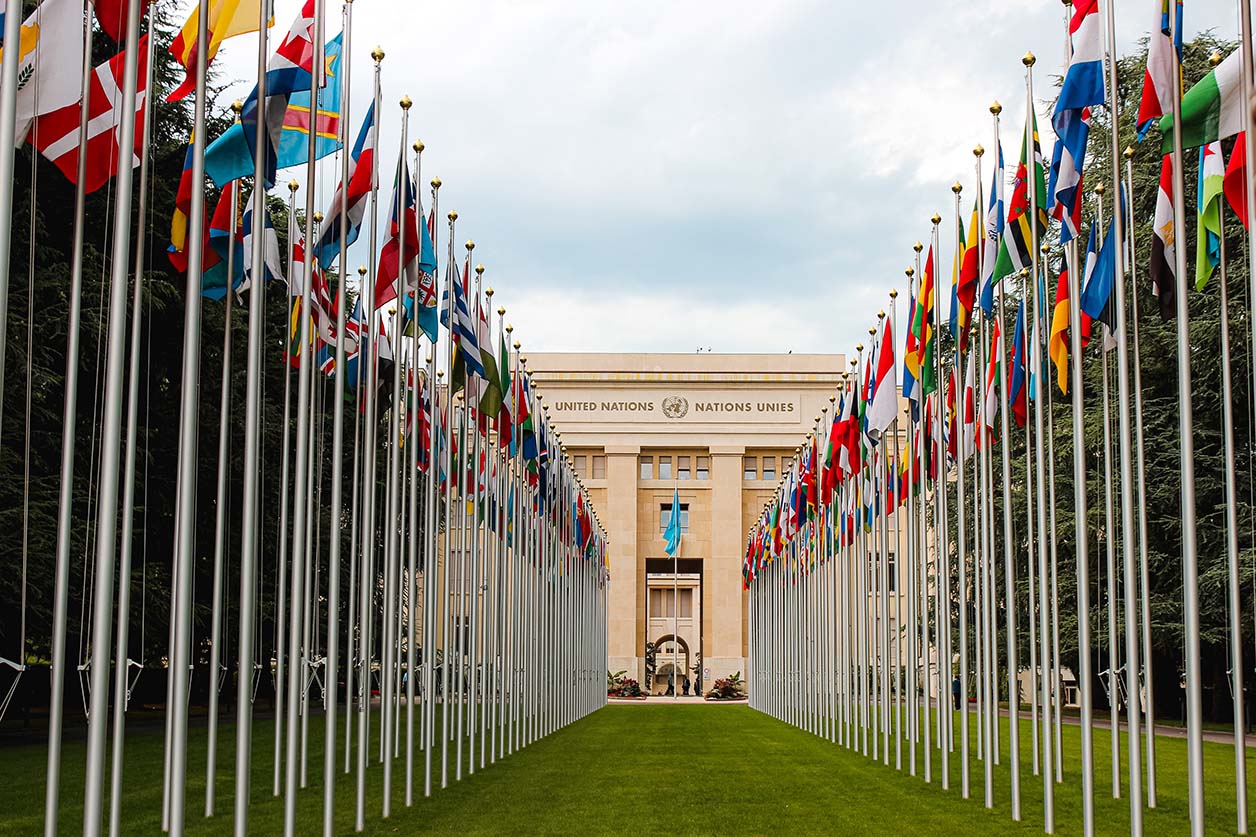The complexity of imposing sanctions on Russia, and how to overcome the challenges

John E. Kaye

By Dr. Henry Balani, Global Head of Industry and Regulatory Affairs, Encompass Corporation
This week, major Western countries have announced coordinated sanctions against Russia. For example, UK Prime Minister Boris Johnson announced all assets of major Russian banks will have their assets frozen and excluded from the UK financial system – asset freezes on 100 new individuals and businesses. In addition, the US also announced sanctions on billionaires and oligarchs close to President Putin, as well as Russian banks.
Russia is the 11th largest economy in the world, with large companies with multiple subsidiaries, so it is important, here, to recognise the implications of the Office of Foreign Assets Control (OFAC) ‘50% ownership rule’ – that is, any majority owned subsidiary is also automatically sanctioned if the parent company is sanctioned, irrespective of if the subsidiary company is listed on the OFAC list.
What happens now?
Implementing these sanctions could be difficult, as sanctioned Russian companies are aware of this ownership rule and will restructure their subsidiaries to continue to operate.
Therefore, banks will need to review their current clients and understand their ownership structure, while comparing the latest companies and individuals that have been sanctioned. They must, then, validate their subsidiary ownership structure, with the challenge being that these companies will deliberately dilute their subsidiaries to evade sanctions.
Another challenge is that sanctioned banks are owned by billionaires and oligarchs with direct links to President Putin. Banks will have to identify these individuals’ ownership of other companies and, in turn, validate if these companies’ assets need to be frozen.
The implication here is that, if these sanctioned billionaires/oligarchs are majority owners of these companies, it means these companies are in turn sanctioned – the bottom line is that banks must be able to identify these relationships – and quickly.
How to solve these challenges
In the increasingly complex world of Anti-Money Laundering (AML) compliance, identifying Ultimate Beneficial Owners (UBOs) is one of the most important tasks facing compliance teams, and also one of the most difficult. Unwrapping even the simplest of corporate structures to discover beneficial ownership and control is a challenge for banks under normal circumstances, never mind in this kind of situation.
Firms are increasingly turning to RegTech, which offers solutions which can be leveraged to ensure these structures are unwrapped and understood promptly and effectively.
With automation, financial institutions can be sure these critical tasks are being completed, without increasing workload, spend or risk.
The benefits of automated UBO identification and verification solutions for compliance teams include saving time and resources on the complex process of gathering and analysing data from multiple global sources.
Specialised RegTech can also rapidly unwrap ownership and control structures for corporate customers, and automatically examine ownership relationships, calculating shareholding percentages and determining UBOs, in accordance with an organisation’s compliance policies.
RECENT ARTICLES
-
 BrewDog collapses into administration as US cannabis group Tilray buys UK business for £33m
BrewDog collapses into administration as US cannabis group Tilray buys UK business for £33m -
 Government consults on social media ban for under-16s and potential overnight curfews
Government consults on social media ban for under-16s and potential overnight curfews -
 Twitter co-founder Jack Dorsey cuts nearly half of Block staff, says AI is changing how the company operates
Twitter co-founder Jack Dorsey cuts nearly half of Block staff, says AI is changing how the company operates -
 Brisbane named world’s best city to raise a family, with London second
Brisbane named world’s best city to raise a family, with London second -
 Hornby sells iconic British slot-car brand Scalextric for £20m
Hornby sells iconic British slot-car brand Scalextric for £20m -
 WPSL targets £16m-plus in global sponsorship drive with five-year SGI partnership
WPSL targets £16m-plus in global sponsorship drive with five-year SGI partnership -
 Dubai office values reportedly double to AED 13.1bn amid supply shortfall
Dubai office values reportedly double to AED 13.1bn amid supply shortfall -
 €60m Lisbon golf-resort scheme tests depth of Portugal’s upper-tier housing demand
€60m Lisbon golf-resort scheme tests depth of Portugal’s upper-tier housing demand -
 2026 Winter Olympics close in Verona as Norway dominates medal table
2026 Winter Olympics close in Verona as Norway dominates medal table -
 Europe’s leading defence powers launch joint drone and autonomous systems programme
Europe’s leading defence powers launch joint drone and autonomous systems programme -
 Euro-zone business activity accelerates as manufacturing returns to expansion
Euro-zone business activity accelerates as manufacturing returns to expansion -
 Deepfake celebrity ads drive new wave of investment scams
Deepfake celebrity ads drive new wave of investment scams -
 WATCH: Red Bull pilot lands plane on moving freight train in aviation first
WATCH: Red Bull pilot lands plane on moving freight train in aviation first -
 Europe eyes Australia-style social media crackdown for children
Europe eyes Australia-style social media crackdown for children -
 These European hotels have just been named Five-Star in Forbes Travel Guide’s 2026 awards
These European hotels have just been named Five-Star in Forbes Travel Guide’s 2026 awards -
 McDonald’s Valentine’s ‘McNugget Caviar’ giveaway sells out within minutes
McDonald’s Valentine’s ‘McNugget Caviar’ giveaway sells out within minutes -
 Europe opens NanoIC pilot line to design the computer chips of the 2030s
Europe opens NanoIC pilot line to design the computer chips of the 2030s -
 Zanzibar’s tourism boom ‘exposes new investment opportunities beyond hotels’
Zanzibar’s tourism boom ‘exposes new investment opportunities beyond hotels’ -
 Gen Z set to make up 34% of global workforce by 2034, new report says
Gen Z set to make up 34% of global workforce by 2034, new report says -
 The ideas and discoveries reshaping our future: Science Matters Volume 3, out now
The ideas and discoveries reshaping our future: Science Matters Volume 3, out now -
 Lasers finally unlock mystery of Charles Darwin’s specimen jars
Lasers finally unlock mystery of Charles Darwin’s specimen jars -
 Strong ESG records help firms take R&D global, study finds
Strong ESG records help firms take R&D global, study finds -
 European Commission issues new cancer prevention guidance as EU records 2.7m cases in a year
European Commission issues new cancer prevention guidance as EU records 2.7m cases in a year -
 Artemis II set to carry astronauts around the Moon for first time in 50 years
Artemis II set to carry astronauts around the Moon for first time in 50 years -
 Meet the AI-powered robot that can sort, load and run your laundry on its own
Meet the AI-powered robot that can sort, load and run your laundry on its own



























